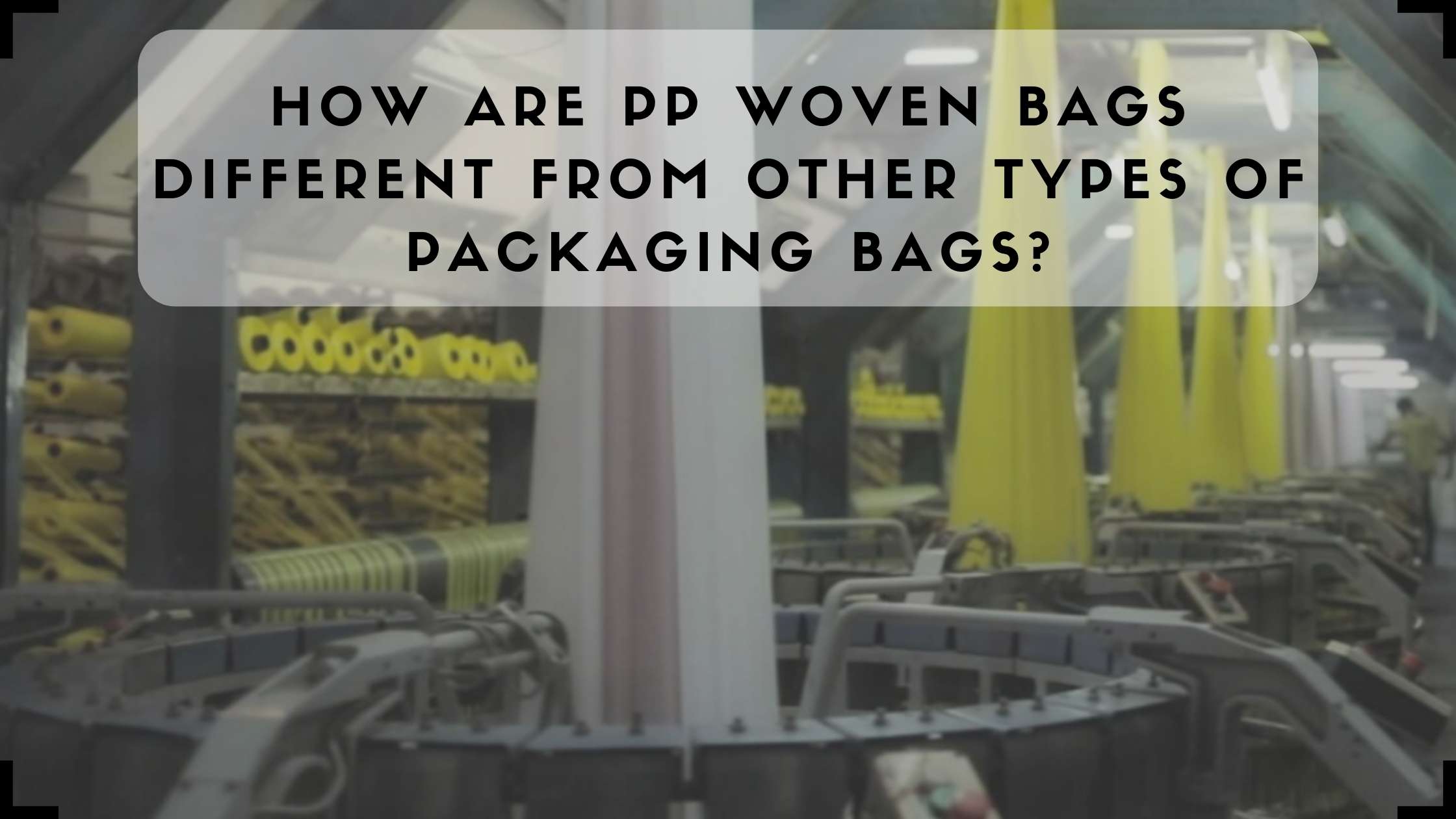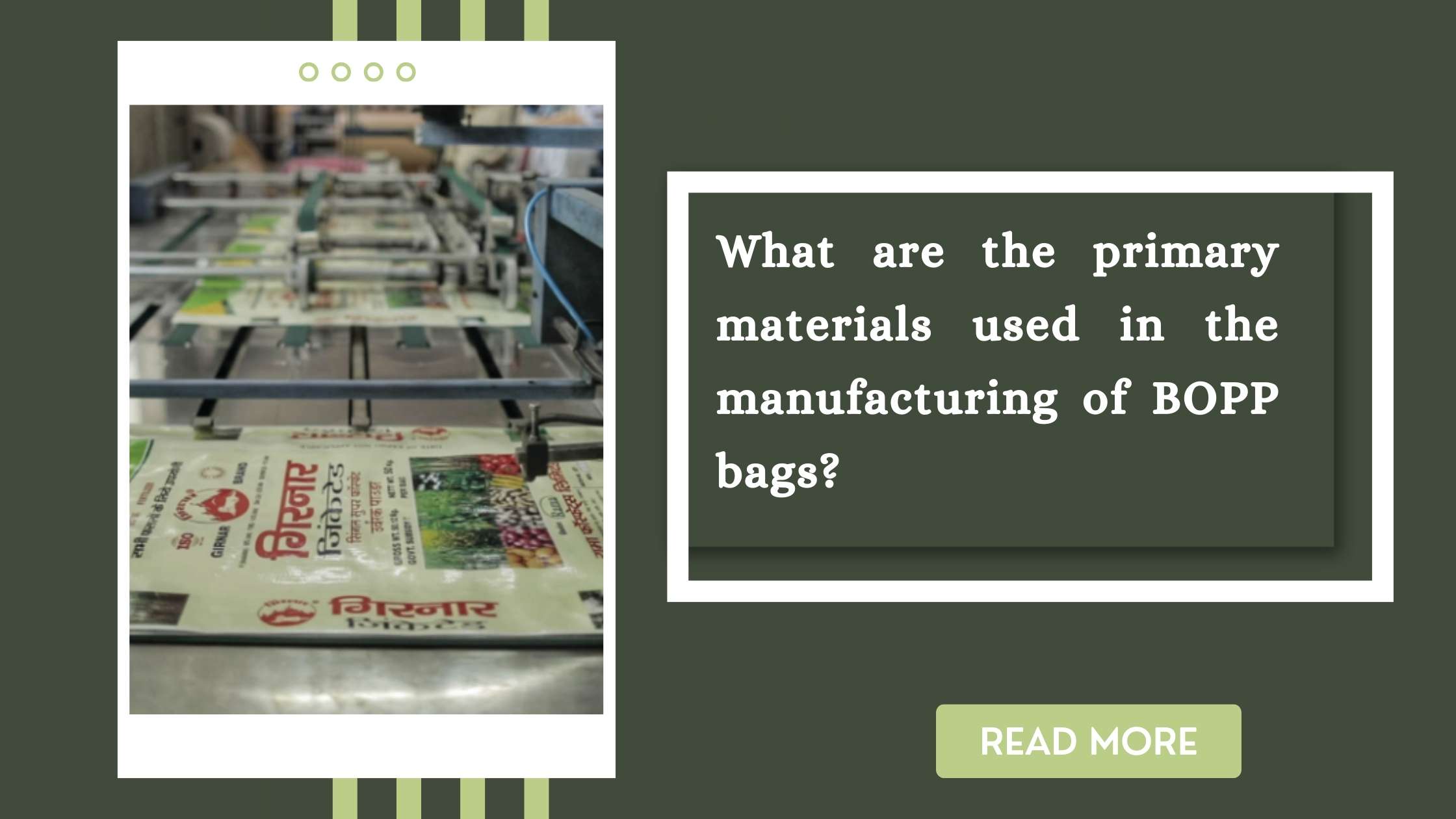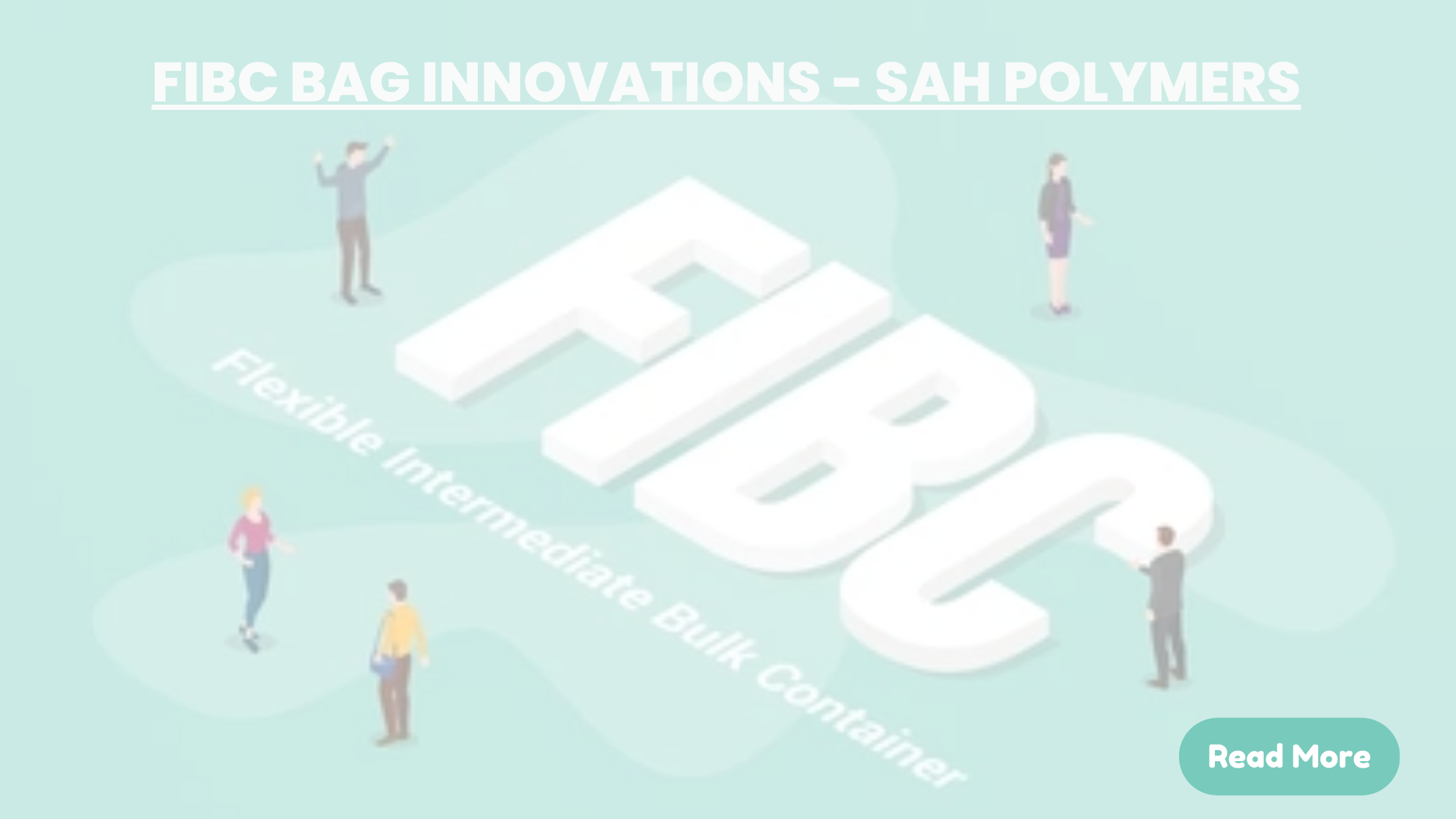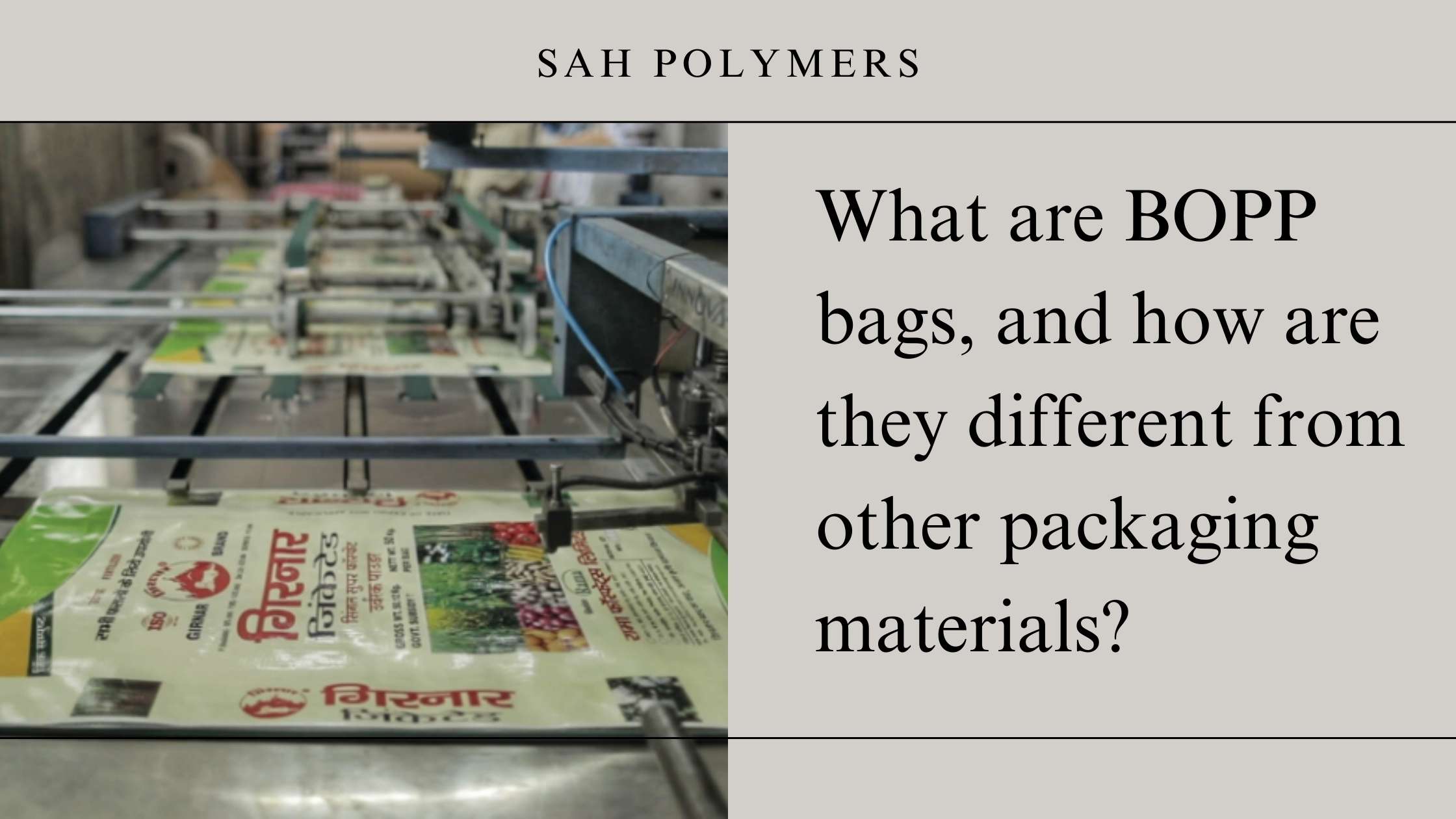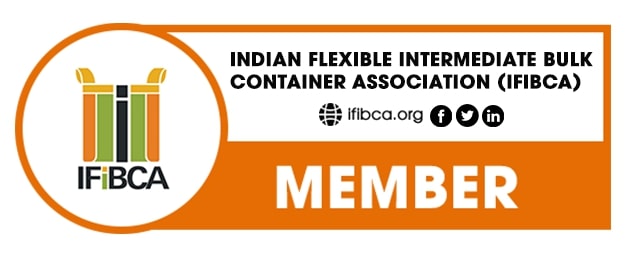Introduction:
Flexible Intermediate Bulk Containers (FIBC), commonly known as big bags, are large, flexible bags made from woven polypropylene fabric. These bags are designed to transport and store bulk quantities of goods, offering a cost-effective and efficient solution for various industries. With their versatility and robustness, FIBC bags have become an indispensable part of modern-day logistics. In this blog, we will explore the common uses of FIBC bags across different industries.
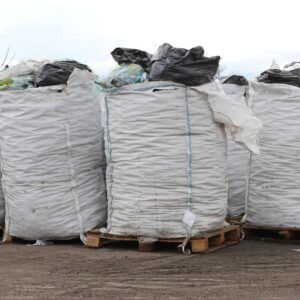
Agriculture:
The agricultural industry extensively relies on FIBC bags for the packaging and transportation of a wide range of products. These bags are commonly used for storing and transporting fertilisers, seeds, grains, and other agricultural commodities. FIBC bags protect the contents from moisture, pests, and UV radiation, ensuring the quality and integrity of the agricultural products.
Chemicals and Petrochemicals:
FIBC bags play a crucial role in the safe handling and transportation of chemicals and petrochemicals. Due to their excellent strength and resistance to chemicals, these bags are used for packaging and transporting hazardous substances like powders, granules, and flammable materials. FIBC bags designed for this industry often include features such as anti-static properties and liners to prevent product contamination.
Construction:
In the construction industry, FIBC bags are widely used for handling and transporting construction materials. These bags can carry heavy loads of materials such as sand, gravel, cement, and aggregates. FIBC bags with lifting loops and discharge spouts facilitate easy filling and emptying of materials, saving time and labor. Their robust construction ensures durability even in demanding construction environments.
Food and Beverage:
The food and beverage industry relies on FIBC bags for the safe and hygienic storage and transportation of various products. These bags are commonly used for packing ingredients like sugar, flour, rice, and spices. FIBC bags with food-grade liners help maintain product quality and prevent contamination. They also offer excellent protection against moisture and pests, ensuring the freshness and integrity of food products.
Mining:
In the mining industry, FIBC bags are essential for the storage and transportation of minerals, ores, and aggregates. These bags can handle heavy loads of materials and withstand the rugged conditions often encountered in mining operations. FIBC bags with sift-proof seams and liners prevent leakage and maintain product integrity during transportation. They also enable easy loading and unloading of materials, improving operational efficiency.
Pharmaceuticals:
FIBC bags find applications in the pharmaceutical industry for the safe packaging and transportation of pharmaceutical powders and granules. These bags offer protection against moisture, UV radiation, and contamination, ensuring the stability and quality of sensitive pharmaceutical products. FIBC bags designed for the pharmaceutical industry often include features such as tamper-evident seals and barrier properties to meet stringent regulatory requirements.
Recycling and Waste Management:
FIBC bags are widely used in recycling and waste management operations. These bags facilitate the collection, storage, and transportation of recyclable materials such as plastics, paper, and metal scraps. FIBC bags with large capacities and sturdy construction help optimise space utilisation and improve the efficiency of waste management processes. They can also be customised with various closures and liners to handle different types of waste materials.
Retail and E-commerce:
FIBC bags are gaining popularity in the retail and e-commerce sectors as a sustainable packaging solution. These bags can be used for bulk packaging and shipping of goods, reducing the need for excessive packaging materials. FIBC bags with custom printing options also serve as effective branding tools, allowing companies to promote their products and enhance brand visibility.
Conclusion:
The versatile nature of FIBC bags makes them invaluable in various industries. From agriculture to construction, and from chemicals to retail, these bags offer reliable and cost-effective solutions for storing, handling, and transporting bulk goods. The robustness, flexibility, and customization options of FIBC bags make them an ideal choice for businesses looking to optimise their logistics processes. As industries continue to evolve, the demand for FIBC bags is expected to rise, driving innovation and further enhancing their utility in the future.

